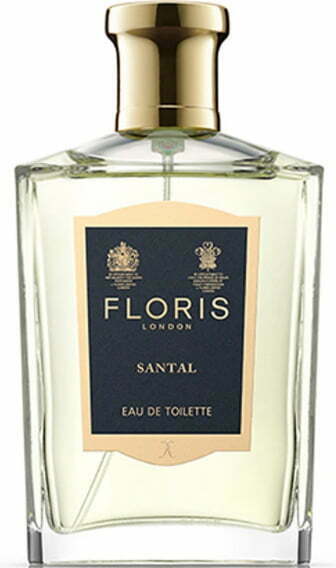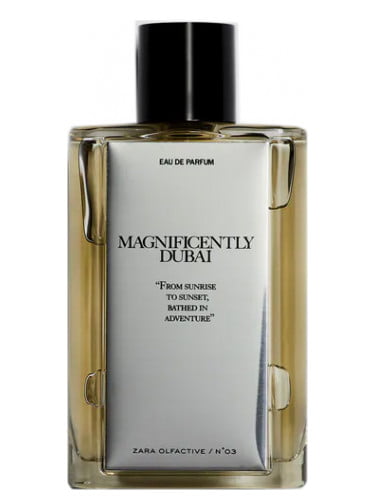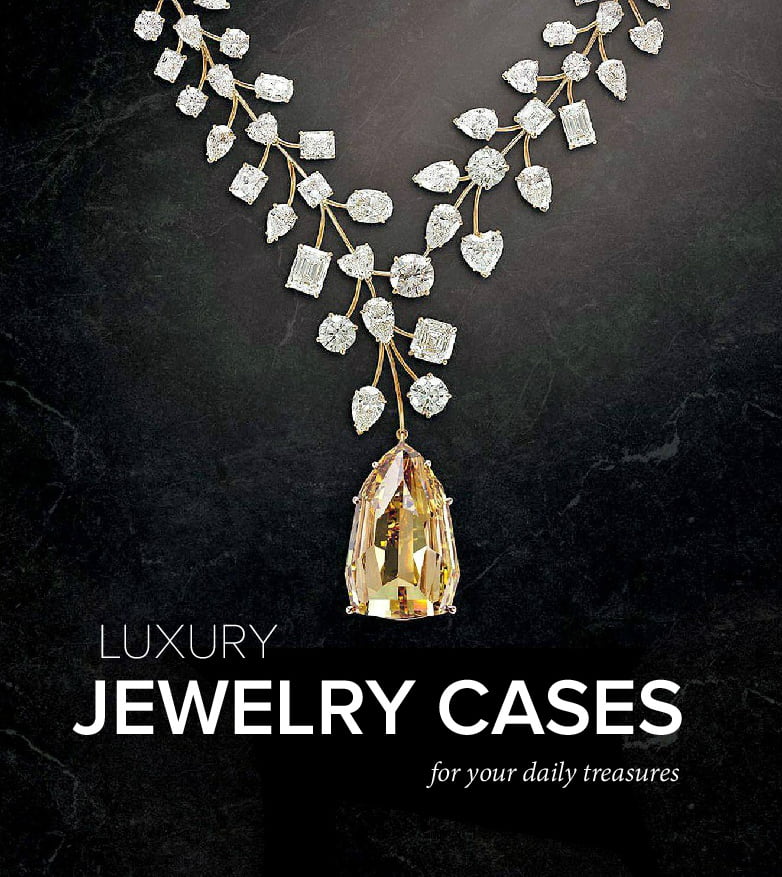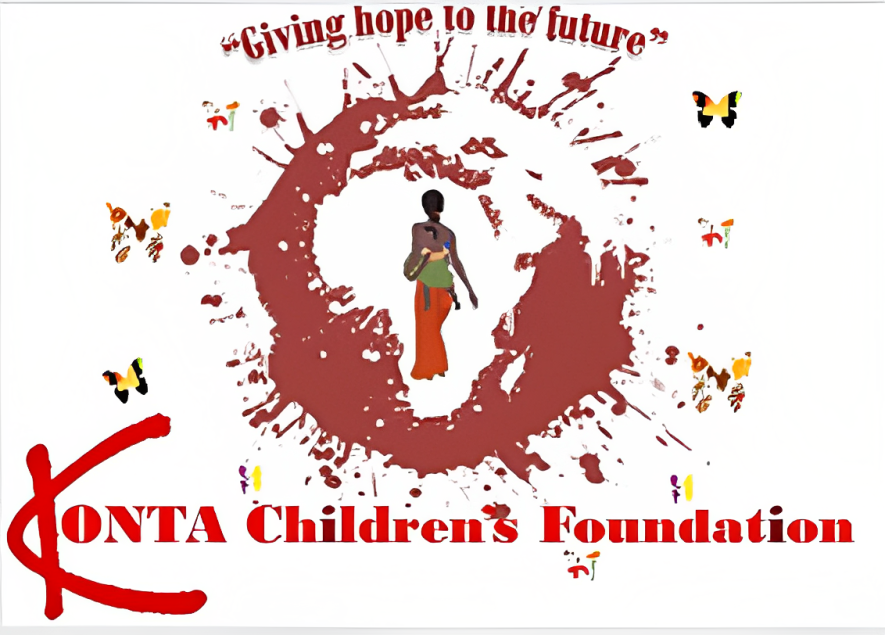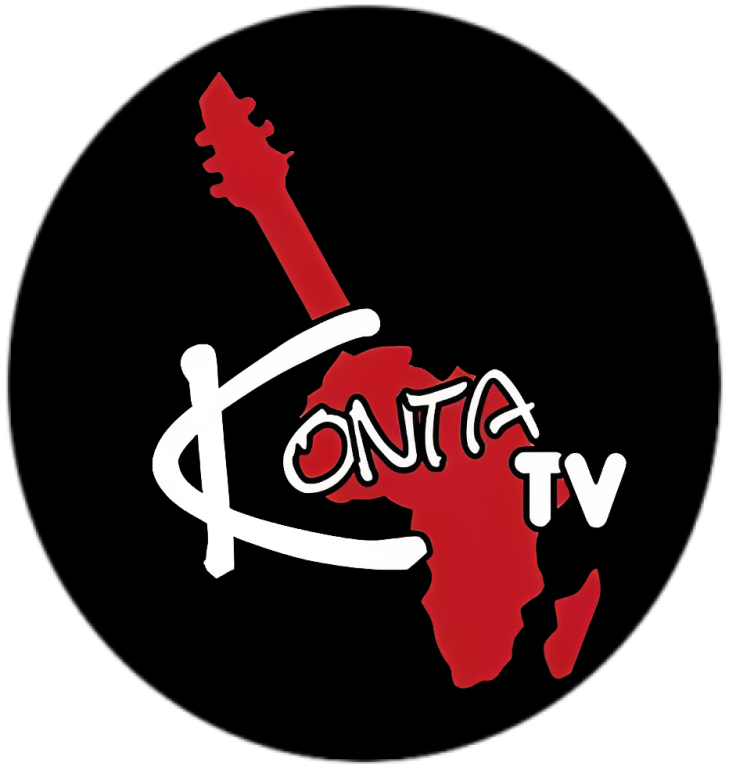VASCO ROSSI
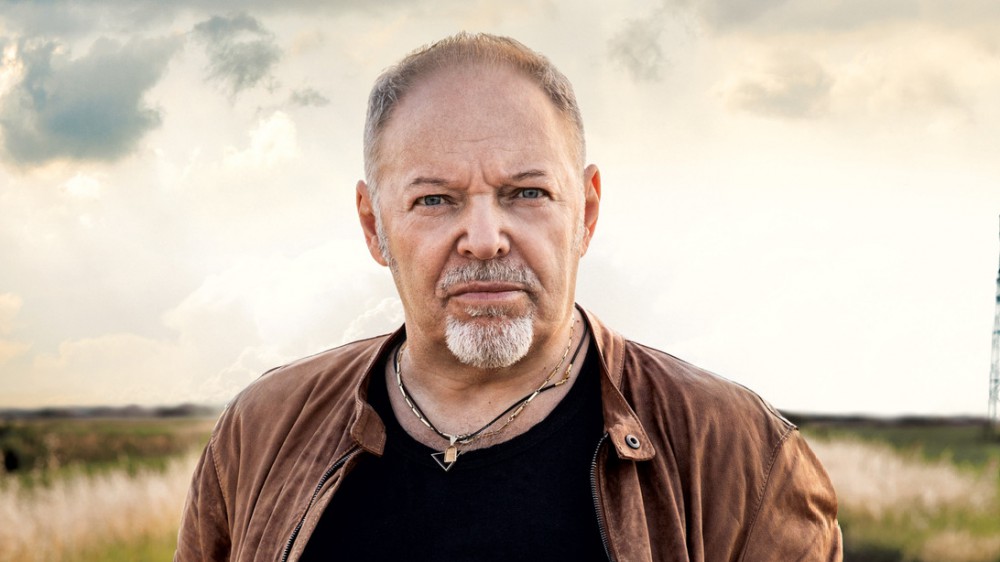
Vasco Rossi (born 7 February 1952), also known mononymously as Vasco or with the nickname Il Blasco, is an Italian singer-songwriter and poet. During his career, he has published 30 albums (not including unofficial releases) and has written over 250 songs, as well as lyrics for other artists. Rossi calls himself a provocautore (an Italian portmanteau for “provoking author”) as throughout his career he has been regularly criticized over his choice of lifestyle and the lyrics in his songs. With more than 35 million copies sold, he is one of the best-selling Italian singers. His Modena Park 2017 concert is the second highest-attended ticketed concert of all time.
Vasco Rossi was born in Zocca, in the province of Modena (Emilia-Romagna). His father, Carlo Rossi, was a truck-driver, and his mother, Novella, a housewife. It was his mother herself who decided to enroll him in singing school when he was a little boy, a choice that must have seemed rather peculiar within the mentality of a small village in the Apennines like Zocca. Nonetheless, Rossi fell in love with music and at the age of 14 began playing with his first band.
Rossi and his family moved to Bologna, Italy, where he studied accounting in high school. Upon graduating he opened a music club, Punto Club, and enrolled in university at the faculty of Economics and Business. In the meantime he supported himself by working as a DJ and founding, along with friends, one of the first private radio stations in Italy, “Punto Radio”, with which he began slowly and timidly showcasing his own songs.
Encouraged by his friend Gaetano Curreri (now leading member of Italian rock band Stadio), Rossi released his first EP on 13 June 1977, which included the songs “Jenny è pazza” (Jenny is crazy) and “Silvia”, and a full-length album in 1978, Ma cosa vuoi che sia una canzone (“What do you think a song is”). In 1979, he released a second album, Non siamo mica gli americani (“We’re not at all the Americans”), which included, “Albachiara” (“Cleardawn”), one of his biggest hits, a ballad considered emblematic of Rossi’s poetic style. His most controversial album, Colpa d’Alfredo (“Alfredo’s fault”) followed in 1980; its title track was censored from the radio and let loose bitter criticism because it contained some lyrics referring to women considered too explicit at that time. The controversy actually increased Rossi’s popularity, and he quickly saw himself famous on a national level, particularly after performing live on Domenica In, a popular Italian television program. The performance did not particularly please journalist Nantas Salvalaggio, who published a scathing article against Rossi calling him a drug addict. Rossi argued that Salvalaggio evidently did not understand his music and remarked how easy it is to criticize a still unknown artist who cannot defend himself.
In 1981, the album Siamo solo noi (“It’s only us”) was released. The title track, another signature song of his, would become commonly recognized as a generational hymn.
In 1982, Rossi took part for the first time in the Sanremo Music Festival, performing the song “Vado al massimo” (“I’m taking it to the max”). Here, he once again found himself under harsh criticism, and came in last place in the festival. In April of the same year the album Vado al Massimo was released. The following year, he reappeared at the Sanremo Music Festival, this time performing “Vita spericolata” (Daredevil Life), probably his most popular song, and finishing in second-to-last place due to his apparent state of intoxication. The following album, Bollicine (“Little Bubbles”), published in 1983, was his sixth in seven years, and was the album that consecrated him definitively as an idol of the new generation and an icon of Italian rock. The title track, whose lyrics are about Coke (but also demonstrate a clear assonance with cocaine), won the Festivalbar ’83, and his tour that year was an enormous success.
To celebrate this positive period in his career, Rossi released his first live recording in 1984, Va bene, va bene così (“It’s alright, it’s alright this way”). In April, however, he was arrested on charges of drug possession. He was immediately granted provisional release from jail, but subsequently sentenced to 2 years and eight months of probation. Shortly thereafter he released his next album, Cosa succede in città (“What’s going on in the city”), which became one of his weakest critically and did not reach past sales.
In 1987 Vasco Rossi’s ninth album, C’è chi dice no (“There Are Some Who Say No”), was released; the ever-increasing numbers of fans showing up to his concerts forced him to quit performing in clubs and normal-sized venues and begin the era of something for which he is known to this day—playing in and selling out big arenas and stadiums.
His tenth studio album, Liberi liberi (“[we are] Free, Free”), followed in 1989. It reached 800,000 sales in Italy.[1] The success of his 1989 tour brought the release of the live album Fronte del palco (a pun on the Italian title of Marlon Brando’s film “Waterfront” which was “Fronte del porto”, and thus meaning “Stage Front”) and the organization of two concerts in 1990, one at the San Siro stadium in Milan and the other at the Flaminio in Rome. Live album has sold over 300,000 units in Italy.
